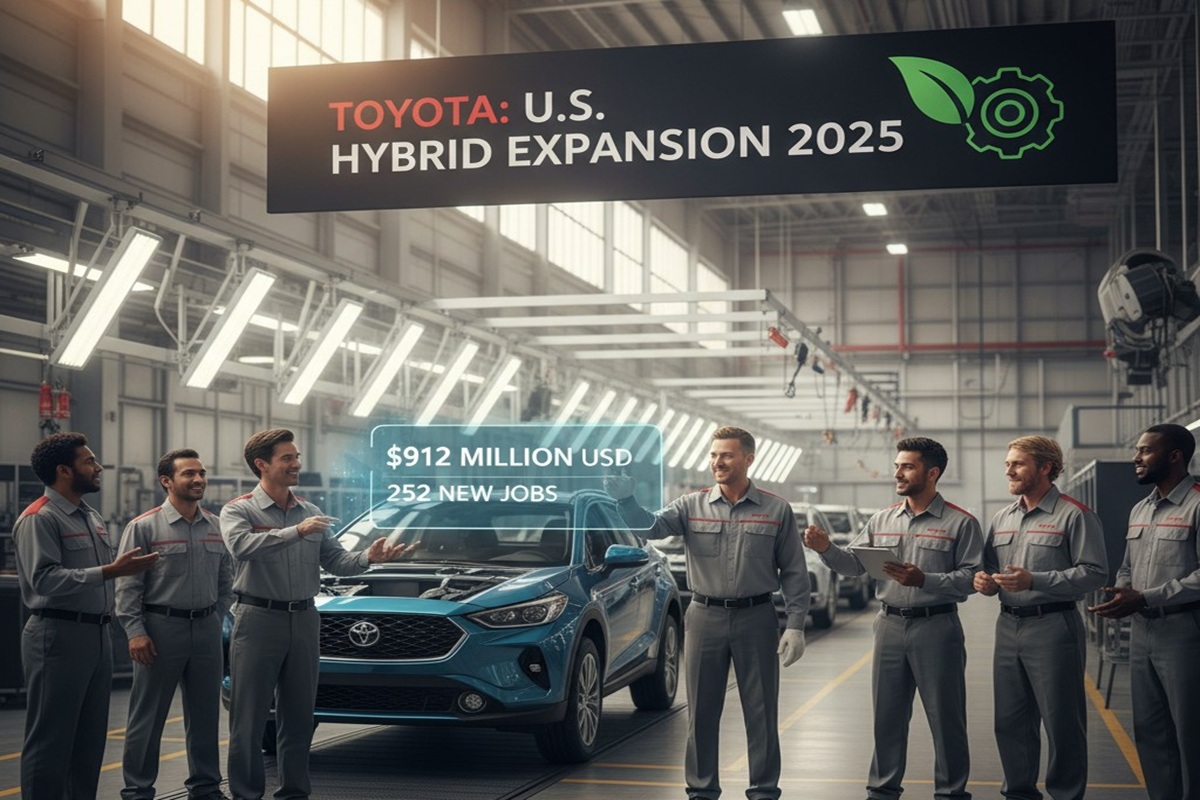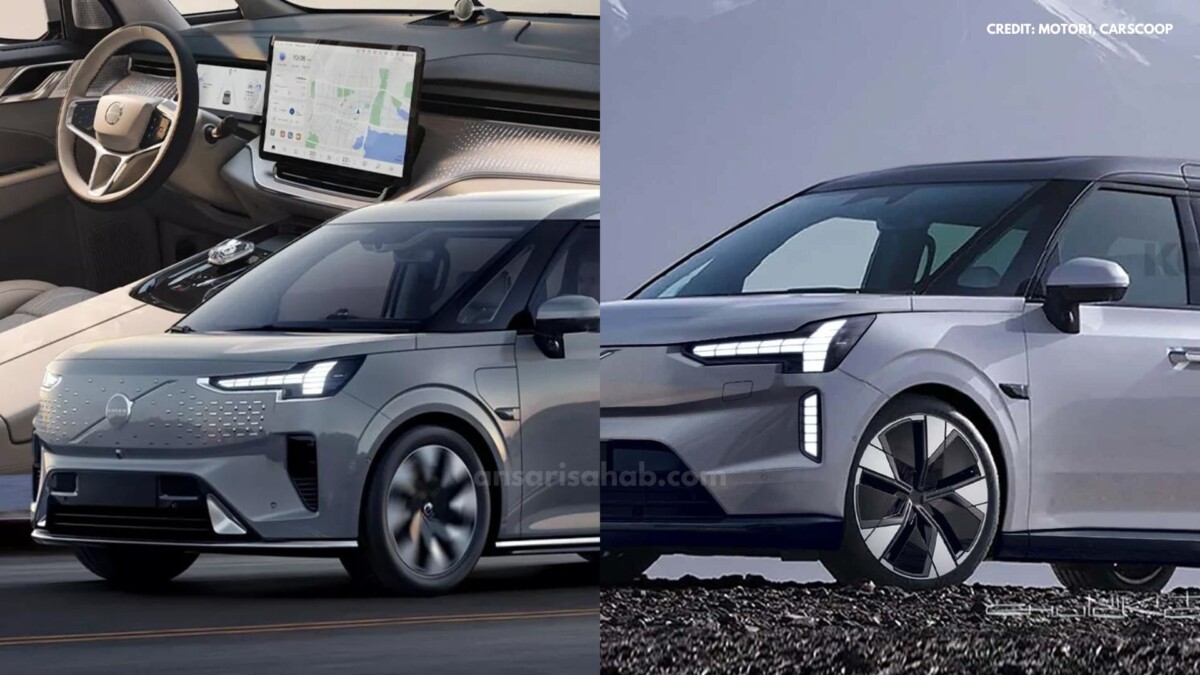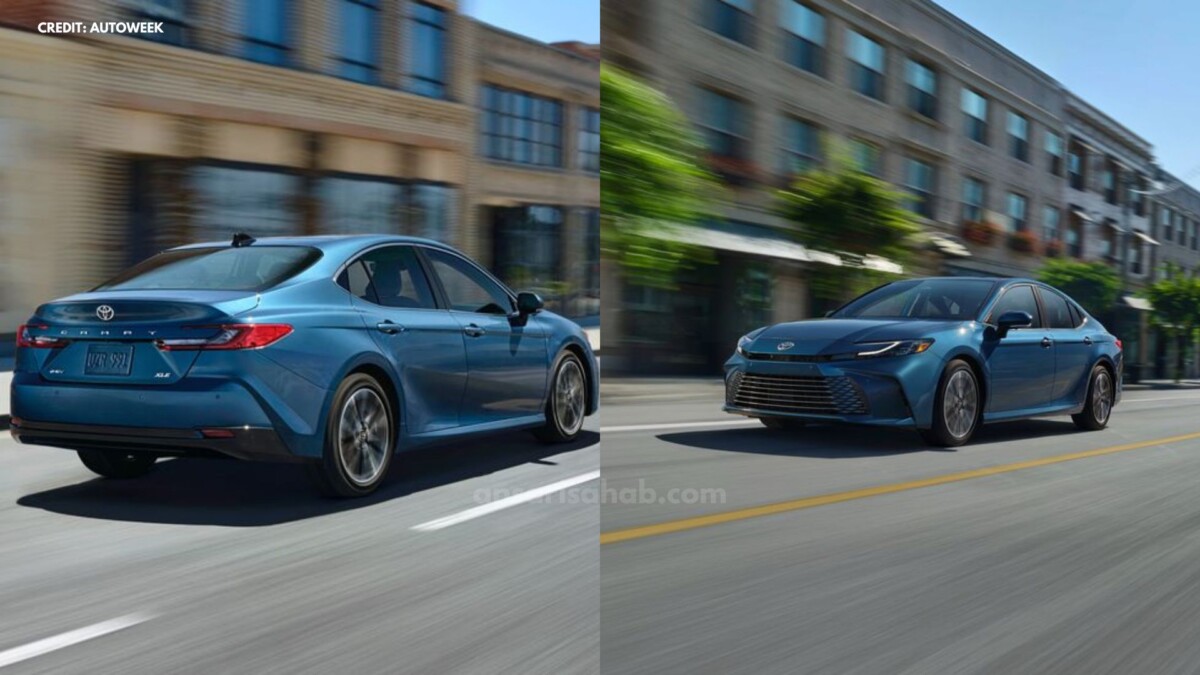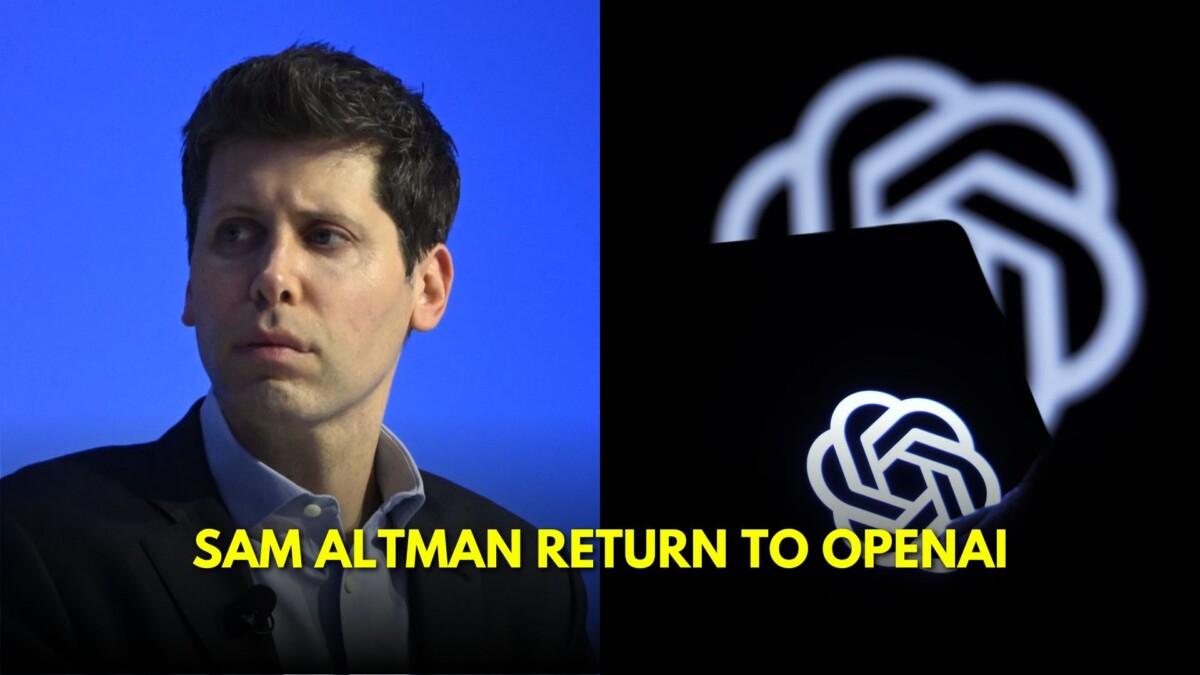Toyota Motor North America today unveiled a significant $912 million investment across five U.S. manufacturing plants to boost its hybrid vehicle production capacity — a move that comes amid rising demand for electrified powertrains. According to the company, the plan will generate 252 new manufacturing jobs and is part of Toyota’s broader U.S. commitment.
Strategic Locations & Job Creation
The funding will be distributed across Toyota facilities in West Virginia, Kentucky, Mississippi, Tennessee, and Missouri.
- The Buffalo, West Virginia plant receives the largest portion — $453 million — and will add 80 jobs.
- Georgetown, Kentucky gets $204.4 million to install a new machining line, adding 82 jobs, with an expected production capacity of up to 700,000 powertrain units annually.
- Blue Springs, Mississippi will receive $125 million to start assembly of the hybrid-electric Corolla, marking the first time electrified Corollas are built there.
- Jackson, Tennessee gets $71.4 million to expand its casting plant, adding 33 jobs to produce hybrid transaxle cases and housings.
- Troy, Missouri will see $57.1 million allocated to build a new cylinder-head production line for hybrid powertrains, creating 57 roles.
Why Toyota Is Making This Move
Toyota says the investment aligns with its “build where we sell” philosophy. Kevin Voelkel, senior vice president of manufacturing operations, commented that Americans are increasingly embracing hybrids, and Toyota’s U.S. teams are preparing to meet that demand.
The automaker also highlighted that this initiative supports a larger goal: investing up to $10 billion in U.S. manufacturing over the next five years.
What’s New: Hybrid Corolla Assembled in the U.S.
One of the headline changes is that the Blue Springs plant in Mississippi will begin assembling the hybrid-electric Corolla. It’s a symbolic and strategic move: rather than importing electrified Corollas, Toyota is localizing production — reducing shipping costs and mitigating import-tariff risks.
Production Schedule & Technical Upgrades
Production of the upgraded hybrid components is projected to begin around 2027, according to Toyota’s announcement.
Key technology investments include:
- New assembly lines in West Virginia for hybrid-compatible four-cylinder engines, transaxles, and rear motor stators.
- A high-capacity machining line in Kentucky to support future engine production.
- Expanded casting capacity in Tennessee and Missouri, focusing on hybrid powertrain components.
Economic & Strategic Impact
Job Growth & Local Benefits
With 252 new jobs across five states, Toyota is contributing to local economies in regions where manufacturing plays a critical role.
State officials have welcomed the investment:
- West Virginia praised the expansion for boosting regional employment and leveraging a skilled workforce.
- Kentucky — home to Toyota’s largest plant globally — reinforced its position as a central hub for hybrid powertrain production.
- In Mississippi, the move to build electrified Corollas locally could lower production costs and expand Toyota’s footprint in the South.
Strategic Shift Toward Electrification
This spending aligns with Toyota’s multi-pathway electrification strategy, which includes hybrids, plug-in hybrids, and fully electric vehicles.
By investing in U.S.-based assembly and component manufacturing, Toyota aims to reduce reliance on imports, strengthen its domestic supply chain, and accelerate its green-vehicle ambitions.
Challenges & Risks
- Timing risk: The expansion plans won’t fully materialize until 2027, meaning new production lines and jobs may be delayed by unforeseen economic or supply-chain issues.
- High capital cost: A $912 million investment is significant, and ROI depends on market adoption of hybrid vehicles continuing to rise.
- Competition: Other automakers are also scaling up EV and hybrid production in the U.S., so Toyota’s bet on hybrids must pay off to justify the scale.
What This Means for the U.S. Auto Industry
Toyota’s move underscores the continuing relevance of hybrid vehicles, even as the auto industry increasingly shifts toward full electrification. For U.S.-based manufacturing, this could mark a renewed era of localized investment — not just in EVs, but hybrid powertrains too.
For communities in West Virginia, Kentucky, Mississippi, Tennessee, and Missouri, this announcement means more high-tech jobs and potentially more stable demand for electrified vehicle components.
Moreover, by adding U.S.-made hybrid vehicles like the Corolla, Toyota may be looking to insulate itself from future import policy uncertainty and benefit from “made in America” advantages — both in cost and in consumer appeal.
Bottom line: Toyota’s $912 million investment is more than a financial boost — it’s a strategic bet on hybrid technology, American manufacturing, and regional job growth. For consumers, workers, and the broader auto industry, the move signals that hybrids are still very much part of Toyota’s future.








